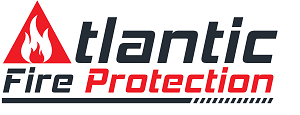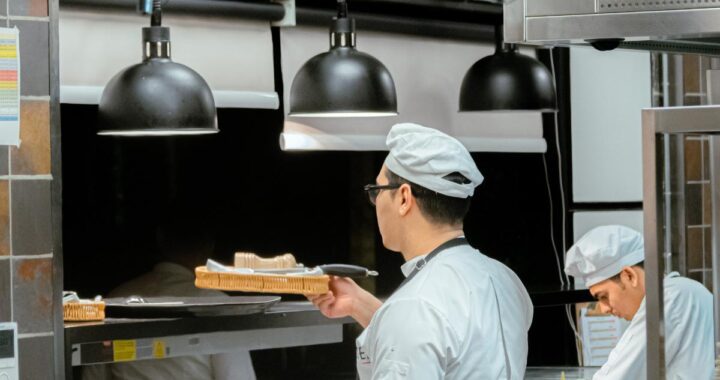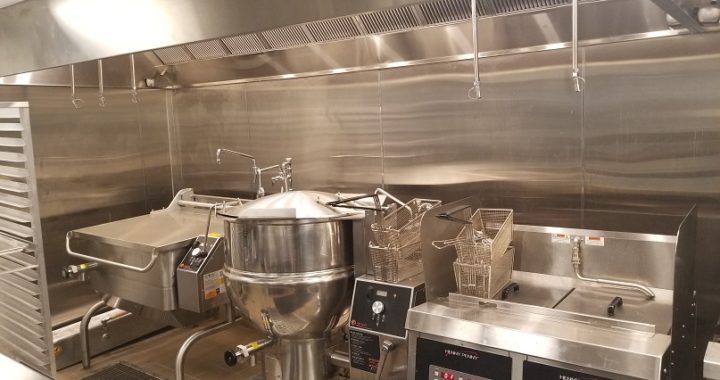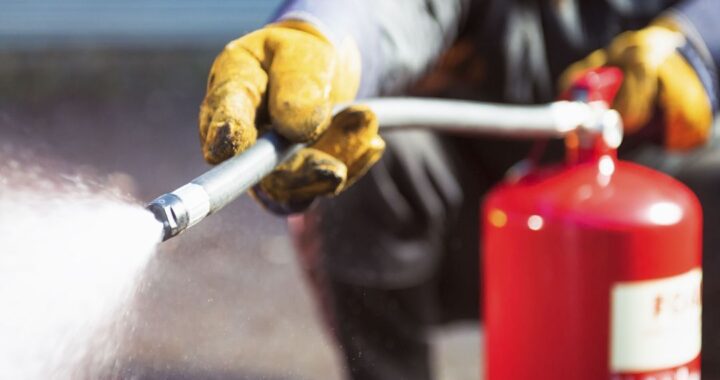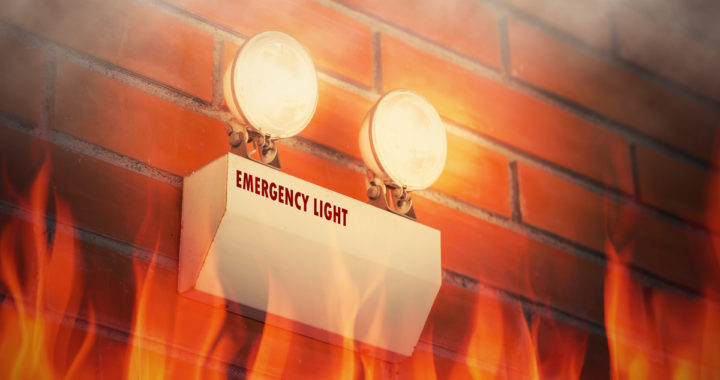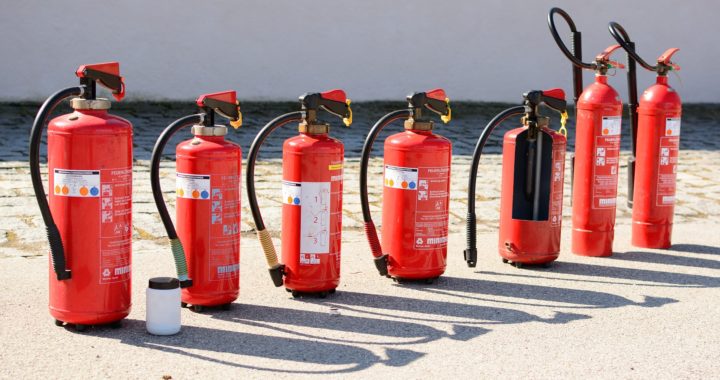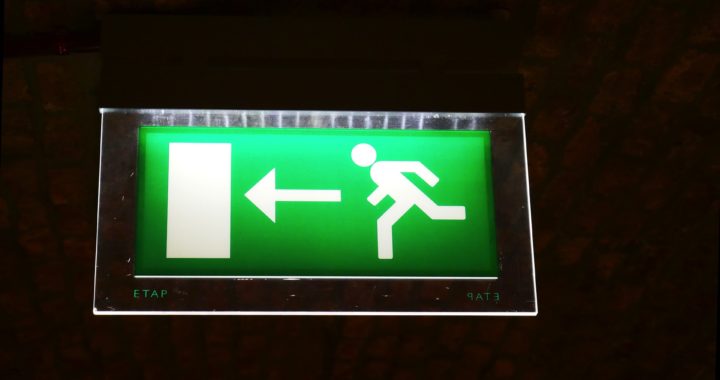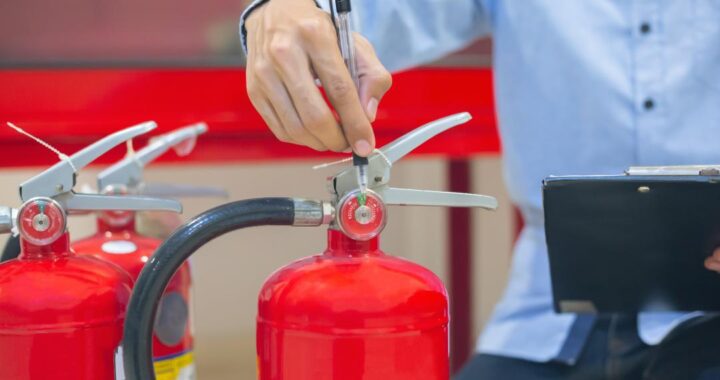Neglecting kitchen hood repairs can lead to unexpected and costly consequences for your restaurant. A well-maintained hood system is not just a regulatory requirement but a crucial element for safety, efficiency, and customer satisfaction.
Atlantic Fire Protection offers professional kitchen hood repair in New Jersey. Our expert services ensure your kitchen operates smoothly while staying compliant with NFPA standards. We address issues before they escalate, saving you from future financial and operational headaches.
Below, you’ll learn more about the hidden costs of ignoring kitchen hood repairs.
Severe Fire Risks and Financial Devastation
Ignoring kitchen hood repairs comes with devastating consequences. When grease and debris collect in the hood system, they create a dangerous fire hazard. A single spark or high heat can ignite the accumulated residue, leading to fires that spread quickly. This risk not only endangers the safety of employees and customers but could also result in extensive damage to the property.
The financial impact of such negligence can be overwhelming. A kitchen fire can force a restaurant to shut down for repairs, leading to a loss of business and revenue. Insurance premiums may rise, and lawsuits could emerge if any injuries or damages occur. By promptly addressing repairs, you protect both your business and the people who rely on it daily.
Employee Health Concerns Leading to Higher Turnover
Prolonged exposure to smoke and poor air quality in the kitchen can lead to serious health issues for employees, including respiratory problems and long-term health complications. This creates a cycle where employees feel undervalued and unsupported, driving higher turnover rates.
The following are specific health-related factors contributing to employee dissatisfaction and turnover:
- Respiratory Issues and Chronic Conditions: Continuous inhalation of smoke and fumes can irritate the respiratory tract, asthma flare-ups, and even long-term issues such as chronic bronchitis or other pulmonary diseases. Employees facing these health challenges are more likely to seek work in less hazardous environments.
- Stress and Fatigue: Poor air quality exacerbates physical fatigue and increases stress levels, as employees must work harder to breathe and maintain focus in a polluted environment. This can lead to burnout, reducing both productivity and job satisfaction.
- Reduced Immunity and Increased Sick Days: Long-term exposure to harmful airborne particles weakens the immune system, leaving employees more susceptible to illnesses. Frequent absences due to sickness strain the remaining team and create a cycle of low workforce morale, further contributing to turnover.
Investing in the kitchen hood repair services offered by Atlantic Fire Protection can help reduce the amount of harmful pollutants in the workplace air and improve overall employee health.
Corrosion and Damage to Adjacent Equipment
Excessive grease buildup doesn’t just stay contained—it spreads to nearby equipment as well. When grease-laden condensation drips onto adjacent appliances or surfaces, it accelerates wear and tear. Metal components, in particular, suffer from corrosion, which weakens their structure and shortens their lifespan.
This damage isn’t limited to direct contact. Grease stains, combined with moisture, can seep into electrical panels or other sensitive equipment, creating fire hazards or costly malfunctions. Proper cleaning and regular inspection are crucial to prevent expensive repairs and keep your kitchen running safely and efficiently.
Contact Us For Professional Kitchen Hood Repair Services in New Jersey
Is your kitchen hood in need of repair? If so, it’s time to contact Atlantic Fire Protection for help!
Key Takeaways
What happens if I don’t repair my kitchen hood?
Neglecting your kitchen hood can lead to dangerous grease buildup, which increases the risk of fires in your restaurant. It can also result in poor air quality, health code violations, and expensive repairs to other kitchen equipment.
How does a poorly maintained kitchen hood affect employee health?
A poorly functioning hood leads to smoke and fumes lingering in the air, which can cause respiratory problems and other health issues for employees. Over time, this creates an unhealthy work environment, increases sick days, and increases employee turnover.
Can grease buildup damage kitchen equipment?
Yes, grease buildup spreads to nearby appliances and causes corrosion or malfunctioning of sensitive equipment like electrical panels. Without proper maintenance, this can lead to costly repairs or replacements and disrupt your kitchen operations.
